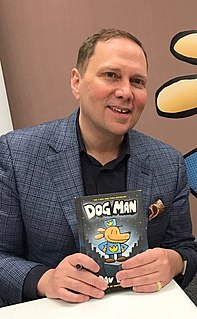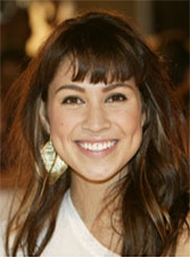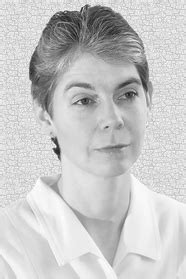A Quote by Pat Conroy
Here's what I want from a book, what I demand, what I pray for when I take up a novel and begin to read the first sentence: I want everything and nothing less, the full measure of a writer's heart. I want a novel so poetic that I do not have to turn to the standby anthologies of poetry to satisfy that itch for music, for perfection and economy of phrasing, for exactness of tone. Then, too, I want a book so filled with story and character that I read page after page without thinking of food or drink because a writer has possessed me, crazed with an unappeasable thirst to know what happens next.
Quote Topics
After
Because
Begin
Book
Character
Demand
Drink
Economy
Everything
Exactness
Filled
First
Food
Full
Happens
Heart
I Pray
Itch
Know
Less
Me
Measure
Music
Next
Nothing
Novel
Page
Perfection
Poetic
Poetry
Possessed
Pray
Pray For
Read
Satisfy
Sentence
Story
Take
Then
Thinking
Thirst
Tone
Too
Turn
Up
Want
Without
Writer
Related Quotes
A book is something that young readers can experience on their own time. They decide when to turn the page. They'll put their arm right on the page so you can't turn it because they're not ready to go to the next page yet. They just want to look at it again, or they want to read the book over and over because they really enjoy setting the pace themselves.
A novel can educate to some extent, but first a novel has to entertain. That's the contract with the reader: you give me ten hours and I'll give you a reason to turn every page. I have a commitment to accessibility. I believe in plot. I want an English professor to understand the symbolism while at the same time I want the people I grew up with - who may not often read anything but the Sears catalog - to read my books.
My goal with The Adventures of Captain Underpants was to invent a style which was almost identical to that of a picture book - in a novel format. So I wrote incredibly short chapters and tried to fill each page with more pictures than words. I wanted to create a book that kids who don't like to read would want to read.
Before I begin a novel I have a strong sense of at least one central character and how the story begins, and a more vague sense of where things may wind up, but at some point, if the novel is any good at all, the story and characters take on lives of their own and take over the book, and the writer has to be open to that.
I have rarely read a more wonderful book than To Win Her Favor by Tamera Alexander. Rich with historical detail and fully developed characters, this novel held me spellbound until the last page. If you read one historical novel this year, make it To Win Her Favor. It will linger with you long after the last page.
I can write any kind of novel I want, any time, and sell it, but there's not that many people watching it. Even a low-rated TV show is a couple million more people than read my books. You want to be read, in essence. If you're a television writer, you're a writer and you want people to read your stuff. You're still reaching a bigger audience, that way. That's a philosophical way to look at it.
Comics are not theatre - there's a very important difference in that the reader controls the page. You can linger on a page of comics as long as you want. You can read and go forward and then move back; you can reread, in one sitting or at your leisure. You can take as much time as you want to take in that story.
I first heard the term "meta-novel" at a writer's conference in Tulsa, Oklahoma. The idea is that even though each book in a series stands alone, when read collectively they form one big ongoing novel about the main character. Each book represents its own arc: in book one of the series we meet the character and establish a meta-goal that will carry him through further books, in book two that meta-goal is tested, in book three - you get the picture.
With a 660-page book, you don't read every sentence aloud. I am terrified for the poor guy doing the audio book. But I do because I think we hear them aloud even if it's not an audio book. The other goofy thing I do is I examine the shape of the words but not the words themselves. Then I ask myself, "Does it look like what it is?" If it's a sequence where I want to grab the reader and not let the reader go then it needs to look dense. But at times I want the reader to focus on a certain word or a certain image and pause there.
No one reads to hear someone complain about the weather or how poorly their children are behaving. You have to give the readers a reason to turn the page. As a writer you have to invite someone to turn the page. And that is a skill you have to refine. That is why you have to read. You have to read to learn what it is that makes people turn the page.






































